US confirms giving $200mn in military aid to Ukraine amid Russia row
The Biden administration has approved $200 million in additional military aid to Ukraine, a senior US State Department official has declared, amid heightening tensions with Russia over the issue.
"We are committed to Ukraine's sovereignty and territorial integrity and will continue to provide Ukraine the support it needs," the unnamed official added on Wednesday as quoted in a Reuters report.
The development comes after US-based news outlets widely cited four anonymous administration officials as saying last week that the Washington had deliberately approved the military assistance to Kiev in late December but did not notify the Congress until later in January, and that other American officials learned about the decision through classified channels.
The remarks also coincided with insistence by Russian Foreign Minister Sergei Lavrov that Moscow would not engage in further talks with Washington and the US-led NATO military alliance over Ukraine unless the West responds properly to its security demands.
Speaking at a joint press conference with visiting German Foreign Minister Annalena Baerbock on Tuesday, Lavrov reiterated that Russia wanted answers on its security proposals before engaging in further discussions about the Ukraine crisis.
"We are now awaiting responses to these proposals -- as we were promised -- in order to continue negotiations," he emphasized. "Let's hope these talks will continue," Lavrov added.
The latest US aid package includes military equipment such as small arms, ammunition, secure radios, and medical equipment, according to the reports, which noted that the military assistance would take some time to be delivered to Ukraine.
Further citing two congressional aides, the reports added that the Biden administration wanted to keep the new military package veiled until the US-Russia security talks that took place in Geneva on January 10.
A CNN report also cited another unnamed congressional source as saying the new $200-million aid to Ukraine was not substantial enough to deter any kind of alleged Russian escalation within its borders with the neighboring country.
"President Biden is failing to adequately arm Ukraine & deter Russia's military buildup. Today, I joined my House colleagues in reaffirming our commitment to Ukraine. The U.S. can no longer afford to be weak on the international stage," said Republican Congressman Mike Turner of Ohio in a Twitter post last week.
A draft copy of the legislation calls for $200 million in aid to Ukraine for air-defense capabilities and naval vessels, the re-imposition of sanctions related to the Nord Stream 2 pipeline, and the consideration of state sponsor of terrorism designation for Russia.
The White House claimed again on Tuesday that it believed that Russia could invade its neighboring country "at any point," despite Moscow's repeated denials.
"Our view is this is an extremely dangerous situation. We're now at a stage where Russia could at any point launch an attack in Ukraine," White House press secretary Jen Psaki said during her daily briefing.
This is while Russian Deputy Foreign Minister Sergey Ryabkov had slammed the idea of offering new military assistance to Ukraine, which he said would be viewed by Moscow as a new threat.
"Now there is no reason to talk about what systems, in what quantity and where exactly can be deployed, this will immediately be perceived as a new threat from the Russian side, we are working for a result that must be achieved through diplomatic means," Ryabkov said after Russian-US talks last week.
The Russian diplomat further reiterated that Moscow needed rock-solid guarantees that Ukraine and Georgia will never become members of the US-led NATO military alliance.
"We emphasize that it is absolutely imperative for us to make sure that Ukraine never becomes a NATO member. We would like the formula adopted by the 2008 Bucharest summit at the NATO summit in Madrid to be withdrawn and replaced with the following: 'Ukraine and Georgia will never become NATO members,'" he emphasized in a news briefing.
"We are tired of conducting empty conversations, from half-promises, from misinterpretation, which often happened in negotiations behind closed doors," he added. "We do not trust the other side. We need rock-solid, legally binding guarantees -- not promises, but guarantees, with the words 'must,' 'must never become NATO members.' This is a matter of Russia’s national security."
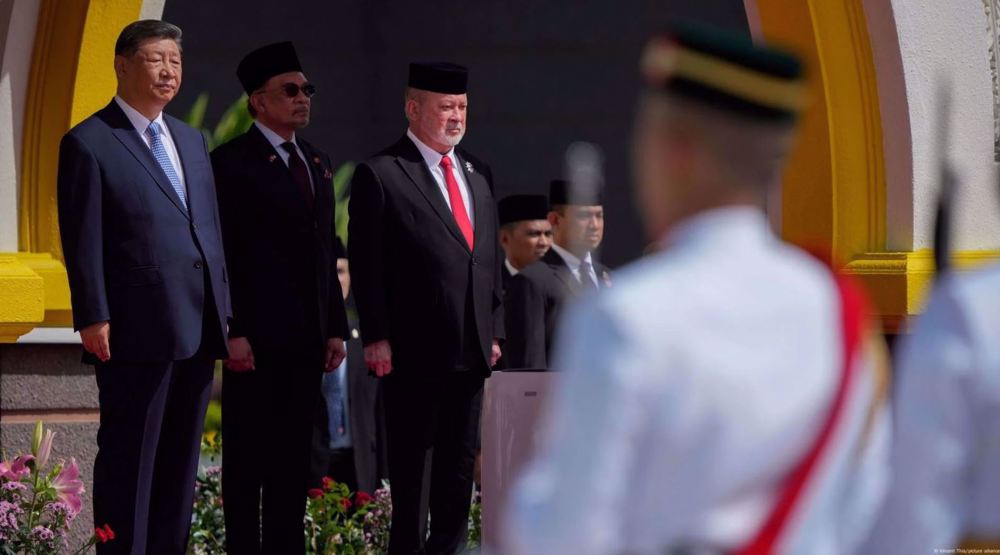
China says stands with Malaysia, region in face of unilateralism
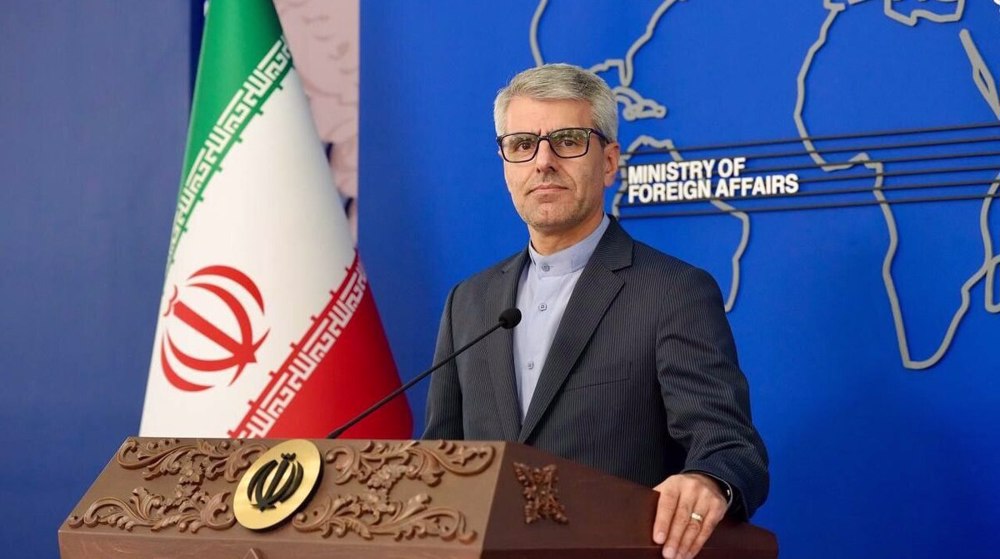
Iran warns ‘moving the goalposts’ could derail Tehran-Washington talks
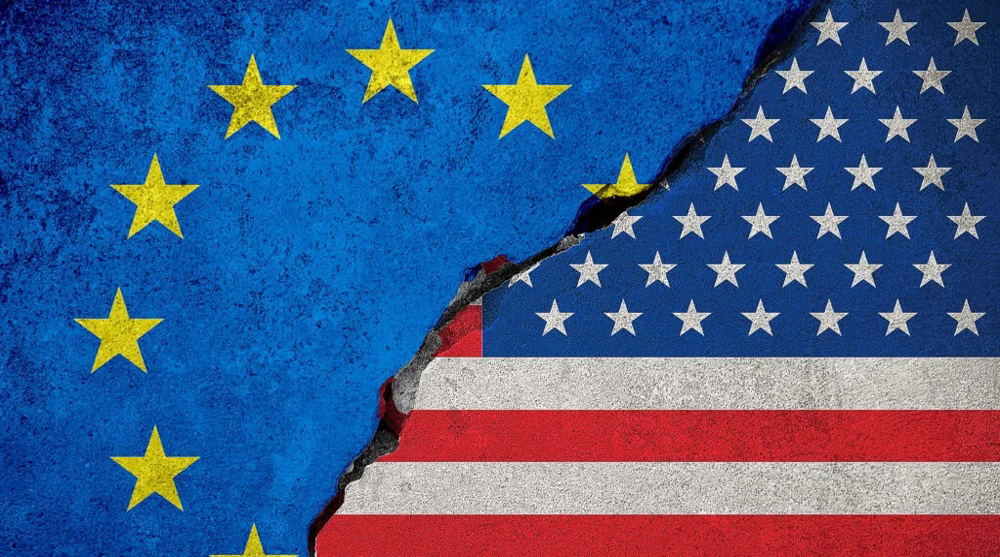
‘The West as we knew it no longer exists’: European Commission’s chief
Israel 'choosing to seize territory' rather than release captives: Families
VIDEO | US capital reeling socioeconomically from Trump’s drastic changes
VIDEO | Press TV's news headlines
VIDEO | Paris rally condemns Israel, decries killing of Palestinian journalists
VIDEO | Italy's Meloni visits US to discuss Trump's tariffs as EU unity at risk
VIDEO | Syria under HTS
1 killed as US keeps up deadly escalation against Yemen
ICC sues Hungary for failing to arrest fugitive Israeli war criminal Netanyahu


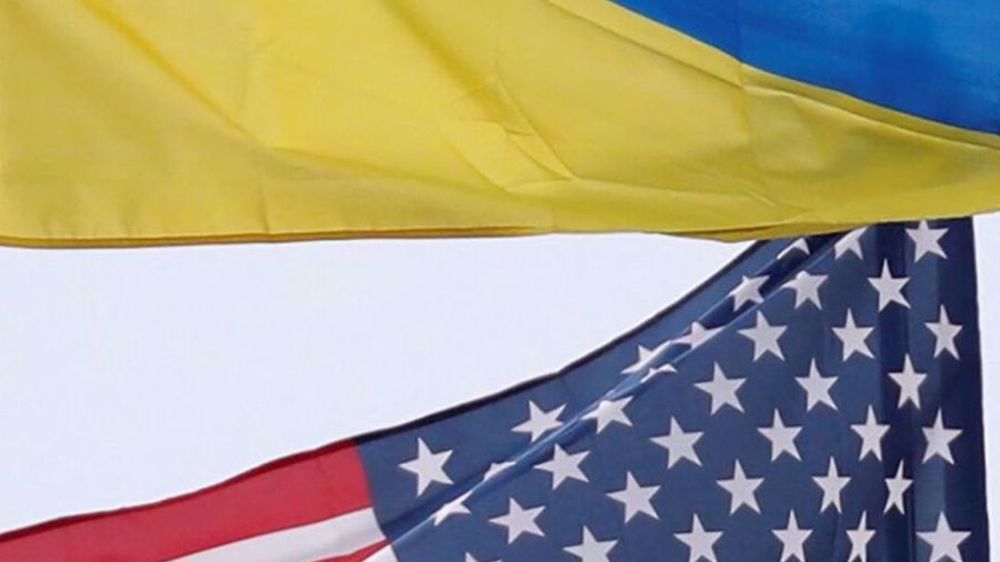
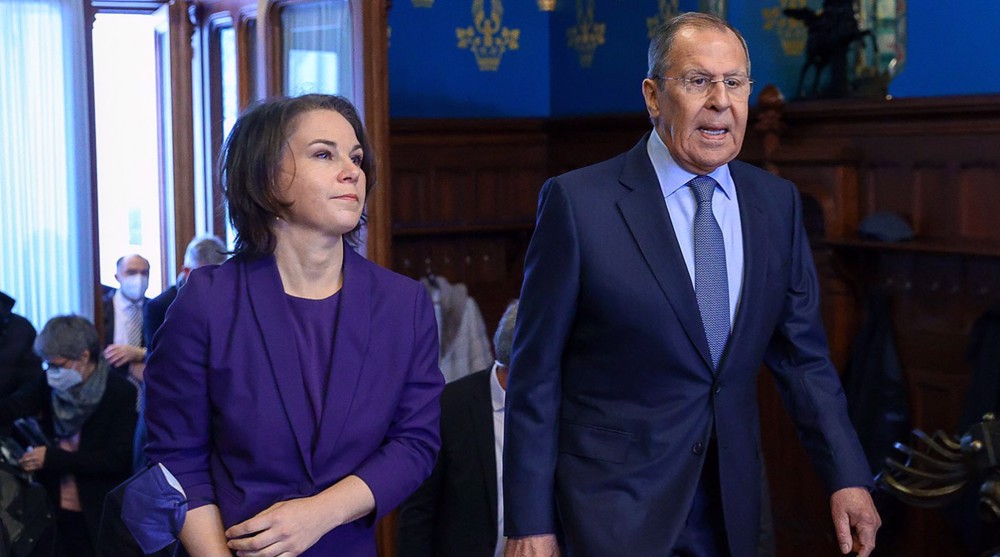
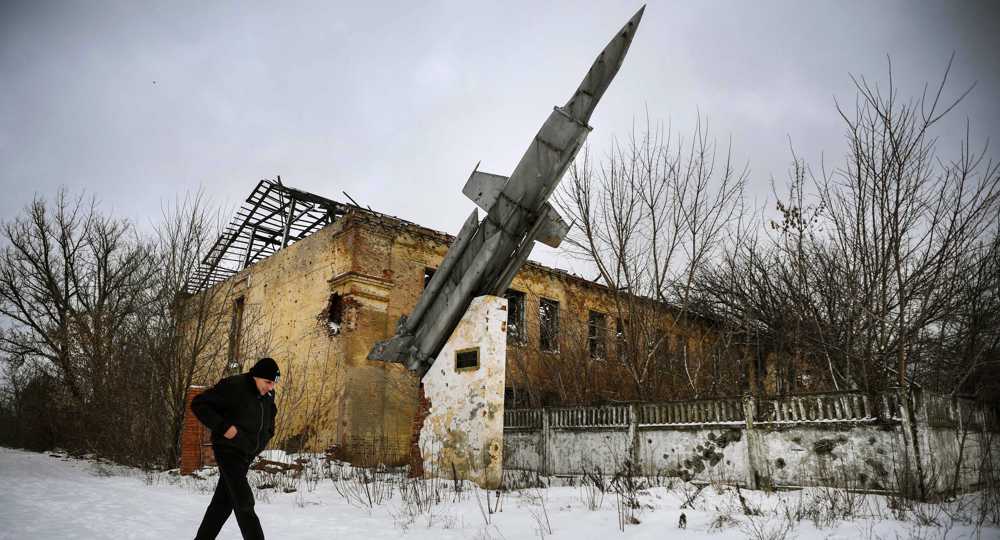



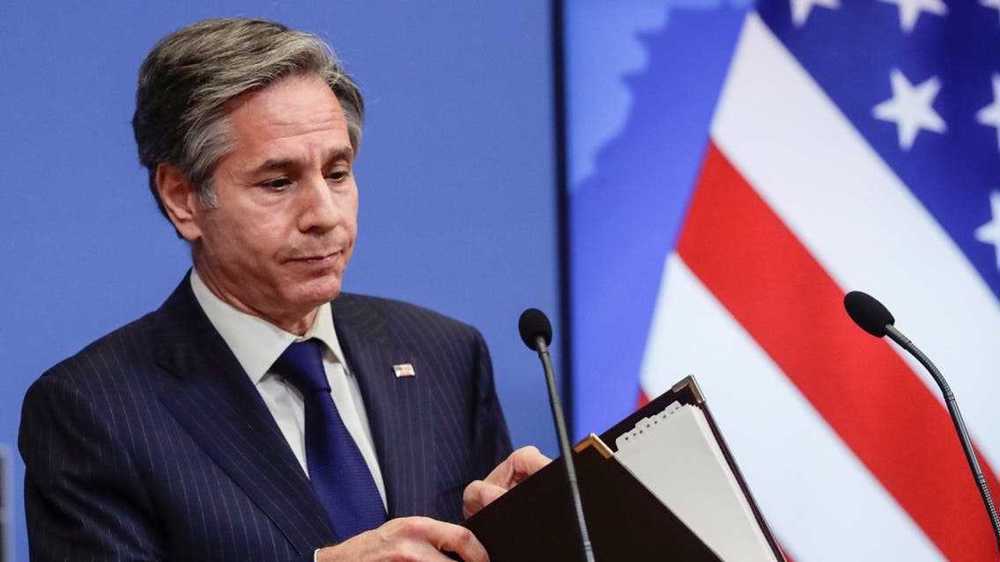
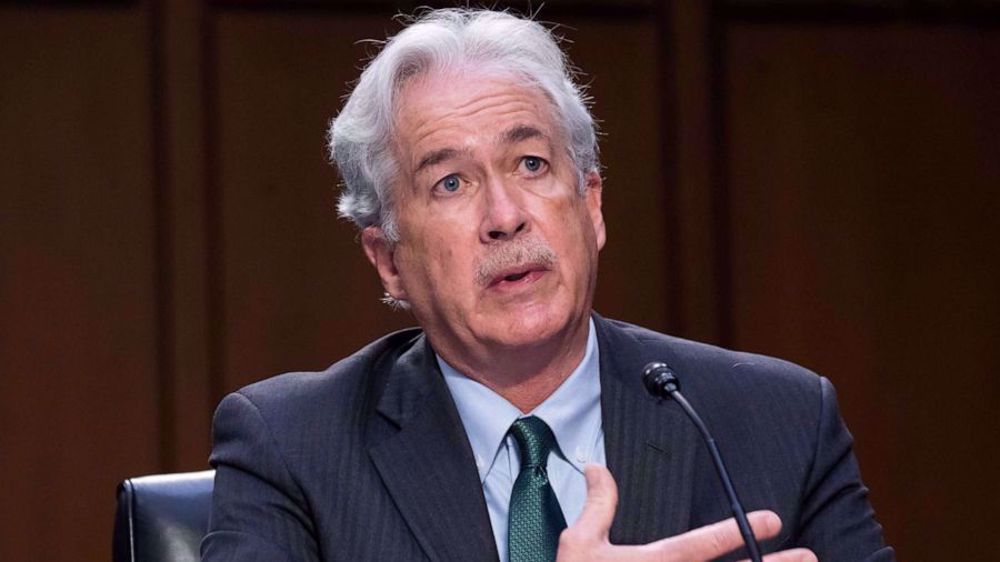
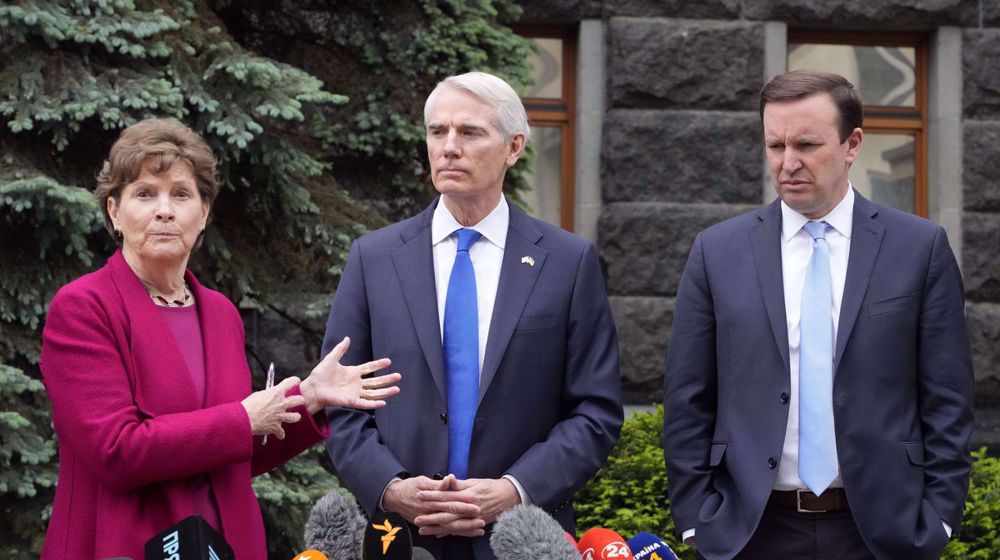

 This makes it easy to access the Press TV website
This makes it easy to access the Press TV website